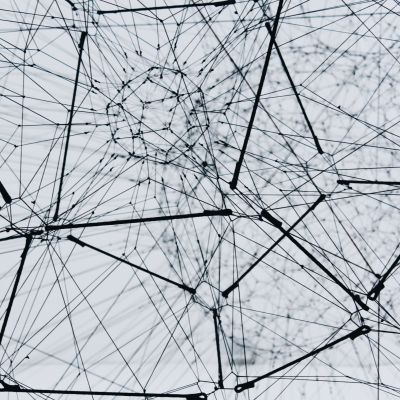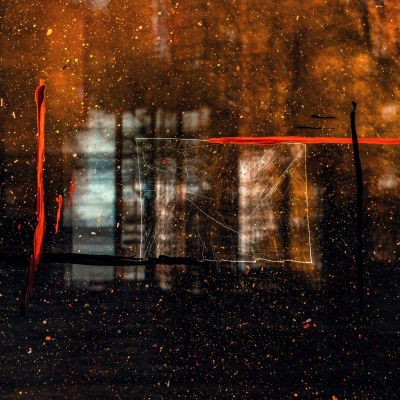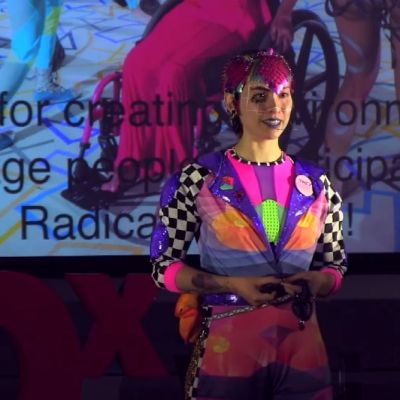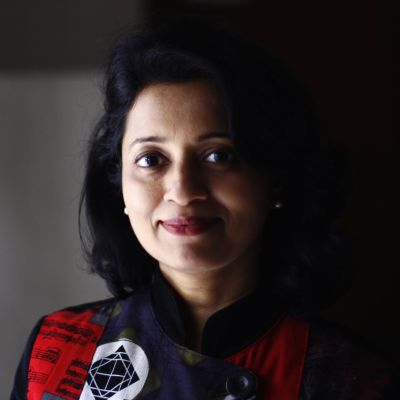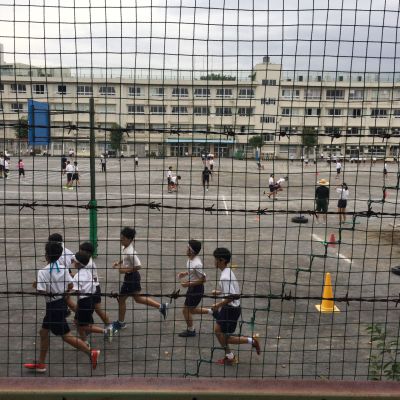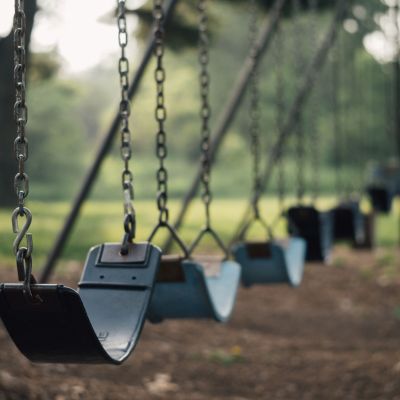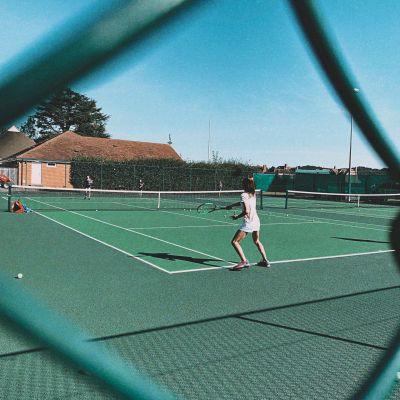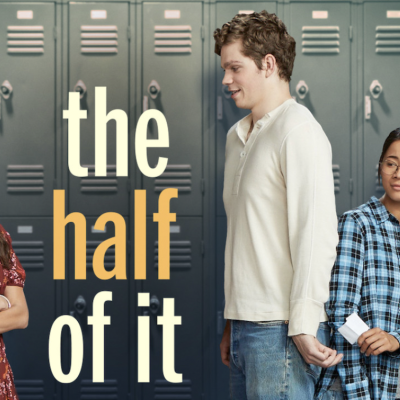Gender Norms
That offline patriarchal norms are travelling online – lock, stock and barrel. Digital technologies may appear to be gender-neutral, but floating below their waters is the whole kit and caboodle of patriarchy.
In tailoring the way we present ourselves to the world – be it as fashionista, frump or an artful fusion of the two – we think we are the ones making a choice about how we express our gender and sexuality along with other markers of our identity.
How could I be trans if I didn’t tick off all the correct checkboxes demanded by politics, law, society and even the transgender community itself?
What if we refused to assimilate? What if we collectively decided to dress in a way that made it so society could not render us invisible?
Clothes for me are our first line of defence. They are also our first act of providing relief.
I often imagine if I had been able to access friendly and empowering comprehensive sexuality education from my childhood, how different my life would have turned out to be.
They lay eyes on him, they see a body out of the gym. A black, thick beard, in a need…
So why do we have to have fixed notions of gender roles and food?
Indian films have for long fed into as well as mirrored social and cultural practices. Many of them depict a woman as being restricted to the kitchen and serving delicacies during festivities.
That’s all the big roles and ethics
All there to fulfil.
Another task,
Another box to tick
Another concrete path to rush
Quick, simple and straight.
The gendered assumption that girls are generally disinterested in sports, could be easily refuted by the fact that the principal’s office shelf was adorned with multiple trophies awarded to the girls’ hockey team for winning championships.”
Such open spaces to play sports are mainly occupied by men, while women are mostly excluded on account of various gender norms. This also applies to many underprivileged girls coming from the margins of caste and class who lack access to safe and inclusive open public spaces to play, such as public parks or maidans.
I discovered that tennis is not only about having the privilege to buy a racquet and specialised tennis shoes and access a tennis court. It is also about how one performs and expresses oneself, requiring players to follow a particular aesthetic that enforces gender binaries.
The Half of It is beautiful because it brings out the insecurities of teenagers who want to fit in with the world around them and are confused about their feelings which might be the diametrical opposite of what is socially expected.

